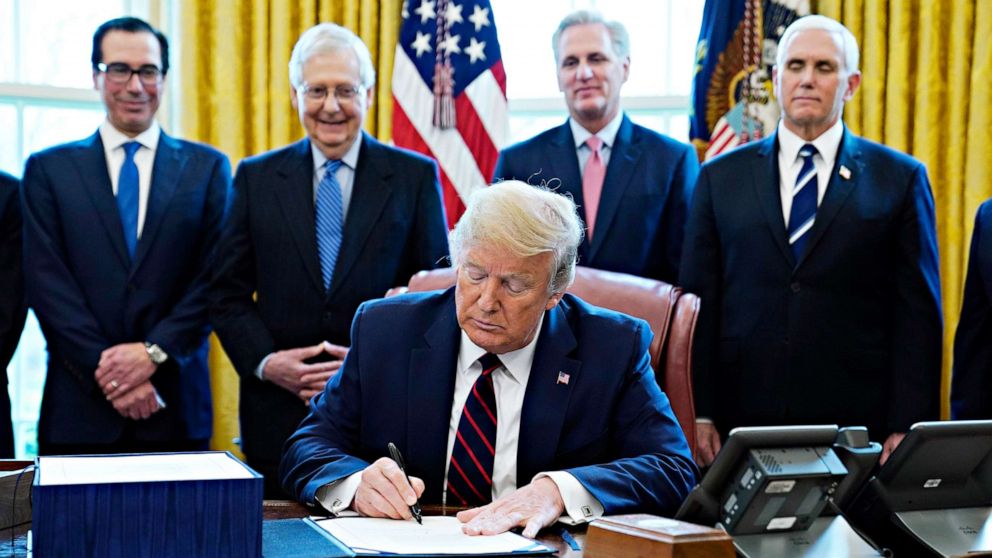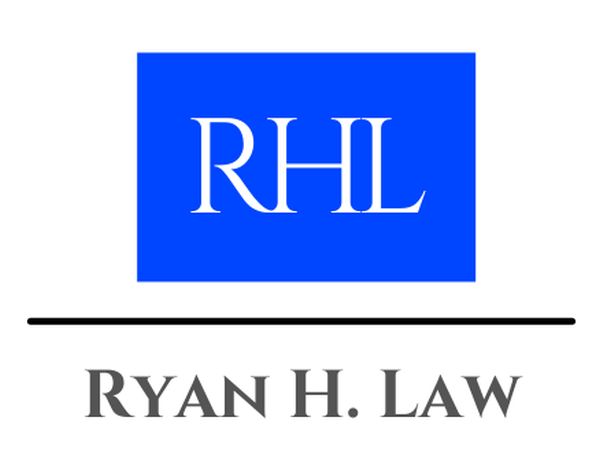 NOTE: Updated April 16, 2020 as a result of new information available.
NOTE: Updated April 16, 2020 as a result of new information available.
As a result of the CARES Act, which became law on March 27, 2020, most Americans will receive stimulus checks.
Single taxpayers will get $1,200; married taxpayers will get $2,400; and for each child under the age of 17 parents will get $500.
Of course, there are some stipulations.
- College students who are claimed as dependents on their parents tax return will not get a check.
- College students who live on their own and are NOT claimed as dependents will get a check.
- Even though the checks are being sent now, they are treated like a tax refund for 2020. More on this provision below.
- Money will be direct deposited based on most recent filing direct deposit number, or mailed to the most recent address the IRS has on file.
- You must have a Social Security Number to qualify, not a Taxpayer Identification Number (TIN).
- There are income phase-outs. More information below.
Direct deposit started to go out April 11, and checks will start near the end of April. It is estimated that the checks could take until September to all be sent.
If you are not required to file and you do not want to wait for a check, you can fill out a form on the IRS website to give them direct deposit information. You can also check on the status of your check on the IRS Get My Payment page.
Income-Phase Outs
Single filers who earn between $75,000 – $99,000 will get a reduced amount. For every $100 earned over $75,000 their check will be reduced by $5. Here are some numbers for :
| YOUR INCOME | YOUR CHECK |
|---|---|
| $75,000 | $1,200 |
| $80,000 | $950 |
| $85,000 | $750 |
| $90,000 | $450 |
| $95,000 | $200 |
| $99,000+ | $0 |
| YOUR INCOME | YOUR CHECK |
|---|---|
| $150,000 | $2,400 |
| $160,000 | $1,900 |
| $170,000 | $1,400 |
| $180,000 | $900 |
| $190,000 | $400 |
| $198,000+ | $0 |
Payments will be increased by $500 multiplied by the number of children in the home.
Examples:
- A married couple earns $125,000 and has 4 children ages 18, 15, 7, and 4. This couple will get:
- $2,400
- $500 x 3 (one child does not qualify because they are too old): $1,500
- Total: $3,900
- NOTE: The 18-year old is most likely claimed as a dependent on the couple’s tax return, which means that neither the child nor the parents get a check.
- A single filer earns $40,000 and has one child. He or she will get:
- $1,200
- $500
- Total: $1,700
Tax Return for 2020
The money will be paid out based on 2019 taxes, or if 2019 taxes have not been filed yet, on 2018 taxes. This will have an adverse effect on taxpayers who earned high incomes in 2018 or 2019, but are no longer earning as much because they have been laid off or had hours reduced due to the Coronavirus shutdown. Let’s say that a single taxpayer earned $85,000 in 2019. They will get a check for $700 now. If they lost their job in 2020 and earned $40,000 in 2020, they will get the other $500 when they file their 2020 taxes (which will be due April of 2021).
There are also going to be many children that will be born during 2020, but the parents will not get the $500 until they will their 2020 taxes.
What about the taxpayer who qualifies now for a larger check, but they have a child that turns 17 in 2020, or they get divorced, or they are earning more in 2020? They will get to keep the extra amount and not have to pay it back when they file their 2020 taxes.
Here’s an example:
Martha has one child, Missy, who turned 17 on January 1, 2020. Martha will get a check for $1,200 for herself and $500 for Missy, for a total of $1,700. Technically she should only get $1,200 since Missy turned 17 on January 1. Martha will not have to pay the $500 back when she files her 2020 taxes.
Debt Collection Issues
If you owe back taxes or student loans you will still get a check. If you owe back child support you will not get a check.
A big concern is for the 1/3 of Americans that are in collections for credit card, medical, or private student loan debts. The law does not shield the payments from private debt collectors. While I am strongly in favor of paying off your debts, this is not the time to be taking the stimulus money from those who are most in need of it. 25 state attorneys general have sent a letter to Secretary Mnuchin asking for the money to be protected from seizure, but no action has been taken by the Treasury department yet. Individual states can also protect the checks, but only a few have taken that step so far.
The National Consumer Law Center has recommended the checks be protected, and are recommending those who are at risk to move the money out of the account as soon as it arrives, or create a new account at a small bank or credit union, or wait to get a paper check and cash it. If you are at risk of having your check seized, read the National Consumer Law Center article.
Do you have any questions about the stimulus checks? If so, post them below.
This post will be updated as more information becomes available.

Leave a Reply